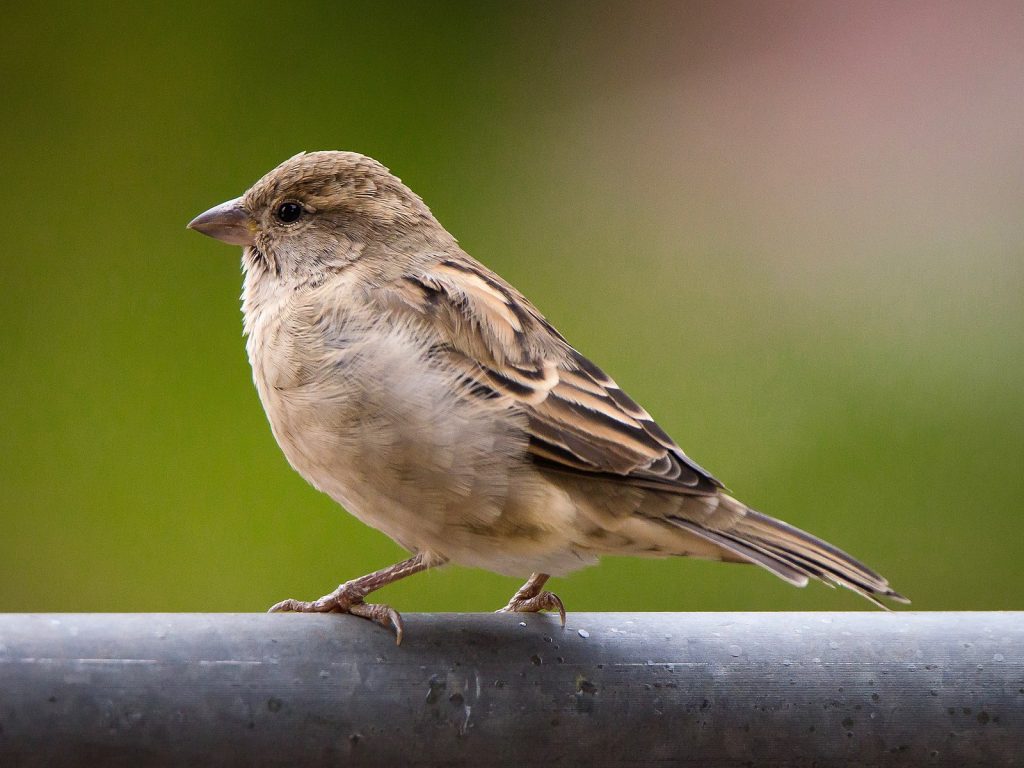Spring brings new life—and sometimes fragile fledglings on your lawn. Here’s how to tell if a bird needs help, or just space to grow.
Others are reading now
As warmer months roll in and trees come alive with song, it’s not uncommon to stumble upon a tiny bird on the ground and wonder what you’re supposed to do next. While the instinct to help is admirable, experts say the first step is to pause—and identify exactly what kind of bird you’re looking at.
Nestling or Fledgling?
According to Siân Denney of the Royal Society for the Protection of Birds, it’s critical to determine whether the bird is a nestling—a featherless, extremely young chick—or a fledgling, which is feathered but not yet a strong flier.
“Nestlings are the tiny, tiny babies with no feathers… very vulnerable,” Denney explains in Popular Science.
If the bird is a nestling and you know where its nest is, gently return it, using gloves for hygiene. And don’t worry—contrary to popular myth, birds won’t reject their chicks due to human scent.
Also read
“Birds actually have a terrible sense of smell,” says Denney.
If the nest isn’t visible, try placing the chick somewhere elevated and safe—like a flowerpot—so its parents can find it.
When to Leave Them Be
Fledglings, on the other hand, are usually in the middle of their flying lessons.
“They should just be left alone,” Denney advises.
These adolescent birds often spend several days or even weeks hopping around as they learn to fly, with parents watching nearby. The only exception is if they’re in immediate danger—from predators or traffic—in which case you can gently guide them to a safer location.
If the Bird Is Injured
In cases where the bird is clearly injured, your best option is to reach out to a licensed wildlife rehabilitator.
Organizations like Humane World for Animals offer directories of local experts who can provide proper care.
Prevention Matters
Humans can help prevent accidental bird falls in the first place by delaying hedge trimming or tree work during nesting season. Denney recommends checking an area for activity over a few days and waiting if you notice birds in residence. “Let those birds nest in peace,” she says.
Sometimes, the best help is knowing when not to intervene.


